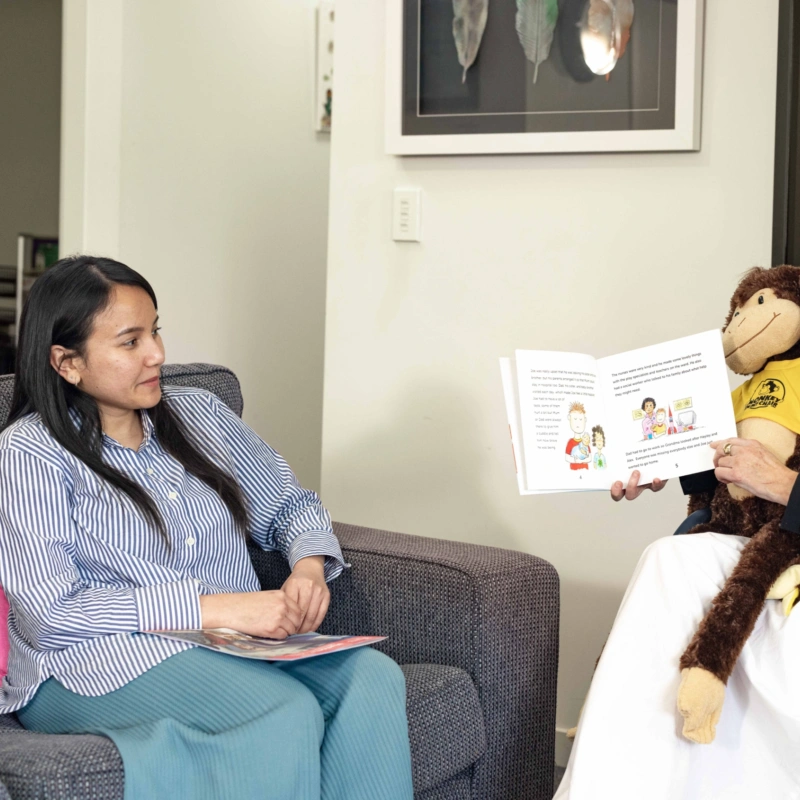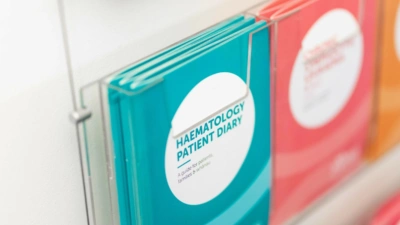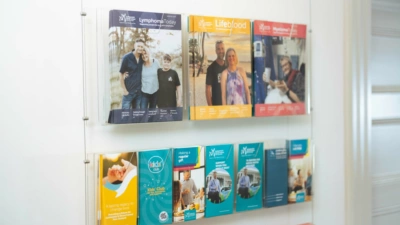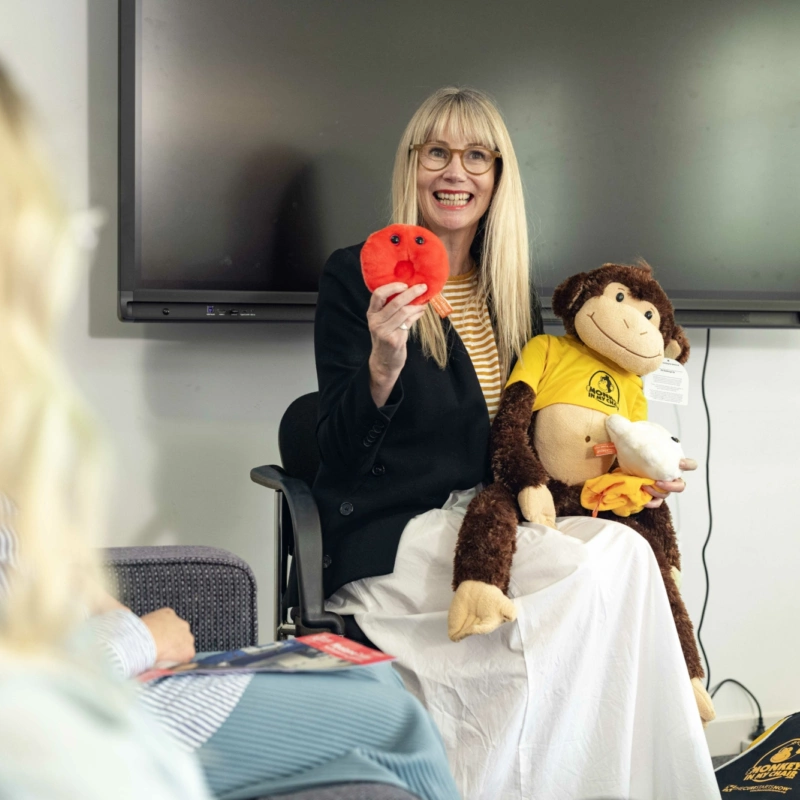
Supporting young cancer patients and their classmates

The challenge for a patient’s classmates
A young person’s world revolves around their family and their school life – and when one of these things is off-balance, it can be difficult to cope. Absences, a scary-sounding disease, and a change to the classroom dynamic can be challenging for tamariki.
Monkey in My Chair
This is where the Monkey in My Chair programme comes in as a therapeutic resource. It keeps young patients undergoing treatment connected with their teachers and classmates in a positive, supportive, and compassionate way.
How it works
When a young person is away from school, the bigger of the two monkeys sits in the student’s chair, while the smaller monkey keeps the patient company while they are missing their friends at school.
Classmates are encouraged to include the big monkey in lessons and send messages and news to their friend using Monkey’s bright yellow backpack. LBC’s support services staff work with a patient’s parents and school to use the kits in a way which is easy, fun, and helpful for everyone involved.
Each Monkey in My Chair kit comes with two adorable fluffy monkeys plus a range of educational books, teacher guides and LBC resources.
More info
For more details or if you are interested in implementing the Monkey in my Chair programme for your child or classroom, please contact a Support Services Coordinator.
Useful resources
-
Blood Basics
Learn more about bone marrow, red blood cells, white blood cells, platelets, and the lymphatic system.

-
Leukaemia
Leukaemia is the name given to a group of cancers that develop in the bone marrow. Under normal conditions, the bone marrow contains a small number of healthy immature blood cells (blast cells) which mature and develop into red blood cells, white blood cells and platelets, which are eventually released into the bloodstream.

-
Lymphoma
Lymphoma is the general name for cancers that develop in the lymphatic system.

-
Myeloma
Myeloma is a cancer of plasma cells (mature B-lymphocytes), which are a type of white blood cell that form part of the immune system. Myeloma may also be called multiple myeloma or plasma cell myeloma.

-
Myeloproliferative Neoplasms (MPN)
Myeloproliferative neoplasms (MPNs) are a group of blood cancers in which the bone marrow makes too many cells (either red blood cells, white blood cells or platelets). MPNs used to be called myeloproliferative disorders.

-
Myelodysplastic Syndromes (MDS)
Myelodysplastic syndromes (MDS) are a group of blood cancers which affect the production of normal blood cells in the bone marrow. MDS is sometimes referred to as myelodysplasia.

-
Non-Hodgkin lymphoma
Non-Hodgkin lymphoma (NHL) is the name given to a group of cancers that develop from B-lymphocytes (B-cells), T-lymphocytes (T-cells) and natural killer cells (NK cells).

-
Hodgkin lymphoma
Hodgkin Lymphoma (HL) is cancer of the lymphatic system, part of the immune system, and mainly affects the lymphocytes. Hodgkin lymphoma differs from non-Hodgkin lymphoma in that it is characterised by the presence of a particular cancer cell, known as the Reed-Sternberg cell.


